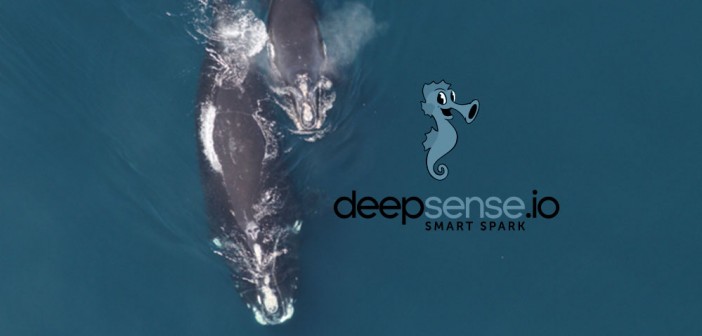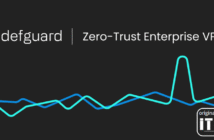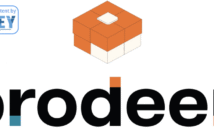Deep learning can help to save whales. deepsense.io wins Kaggle machine learning competition to automate the right whale recognition process!
deepsense.io’s Machine Learning Team has won a major competition, developing a machine learning algorithm to automatically identify individual right whales from aerial photographs. After 133 days during which 364 teams submitted 4,788 entries, our team of deep learning experts created the best performing “face recognizer” for right whales, winning by a large margin. The challenge was organised by the National Oceanic and Atmospheric Administration (NOAA), co-sponsored by MathWorks and the data set of 7,000 images (4,500 for training and 2,500 for testing) was provided by the right whale research team from NOAA Fisheries and curated by the New England Aquarium.
“Seeing deep learning techniques help out endangered right whales is uplifting. I hope to see more such applications in the near future.” said Robert Bogucki, Team Captain and CSO at deepsense.io. “We enjoyed the competition immensely.”
The winning algorithm used deep learning and convolutional neural networks to localize, align, and finally identify individual right whales from aerial photographs. “Impressive indeed! I am so inspired by this community of data scientists!” said Christin B. Khan, fishery biologist at NOAA. deepsense.io’s contribution to automate whale identification could benefit researchers who currently have to go through a painstaking and lengthy process identifying individual whales.
“It was very exciting to have our Machine Learning Team participate and win this NOAA competition because the solution helps solve a real-world problem and empowers fishery biologists in protecting the critically endangered North Atlantic right whales. I’m very proud of this achievement.” said Piotr Niedzwiedz, deepsense.io’s Co-founder and CTO. “The right whale recognition challenge was a great opportunity to put our data scientists’ talents to the test and to demonstrate that deep learning techniques, especially convolutional neural networks can provide immense benefits in big data applications.”
For scientists at NOAA Fisheries, the algorithms provide a new standard assisting activities such as: disentangling whales from fishing gear, collecting genetics samples, recording acoustic vocalizations, and assisting with satellite tagging efforts. When the algorithms developed for the Kaggle Right Whale Recognition contest are put to the test and applied in practice successfully, NOAA and other whale researchers could extend the identification technique and use of machine learning to protect other threatened and endangered marine species.
Emilia is an experienced editor, gifted wordsmith, a professional translator, but first of all, an avid reader.





